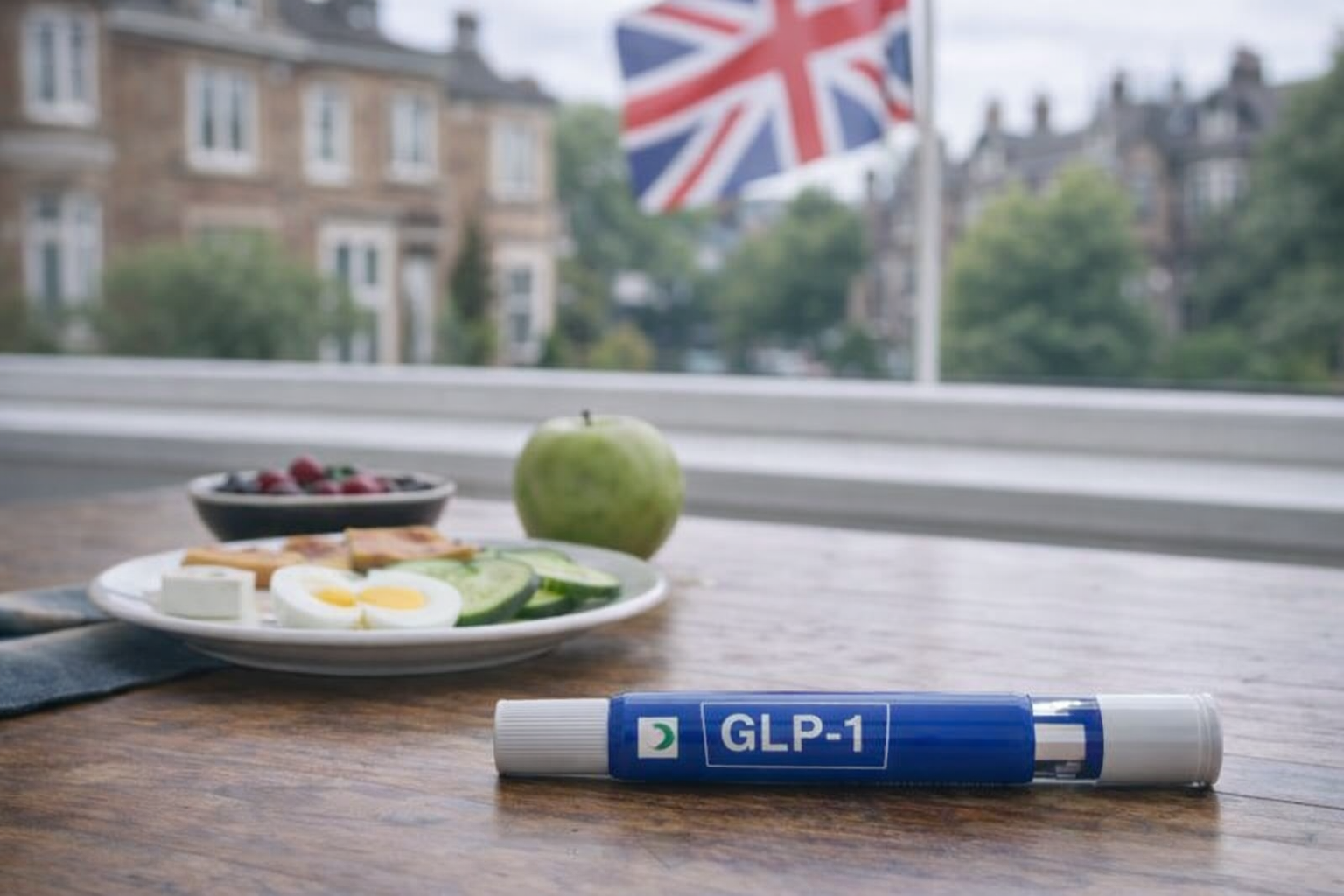The Top 8 Key Consumer Insights to Consider
When talking about key consumer insights, it’s important to understand that these are the essential pieces of information that drive consumer behavior. Understanding these insights can help businesses and marketers make better decisions when it comes to targeting their audience and creating effective marketing strategies.
In this document, we will dive into the top 8 key consumer insights that every business should know to succeed in today’s competitive market.
What Are Key Consumer Insights?
Key consumer insights are the key drivers of consumer behavior. These are the underlying motivations, needs, and desires that influence how consumers make purchasing decisions. They help businesses understand their target audience on a deeper level and provide valuable information for developing successful marketing strategies.
Knowing these key insights allows companies to create more personalized and relevant messages, products, and services for their customers. It also helps businesses anticipate future trends and stay ahead of their competitors.
How to Find Key Consumer Insights?
Consumer insights can be gathered through various methods such as surveys, focus groups, personal interviews, and analyzing consumer data. It’s important for businesses to regularly collect and analyze these insights to stay up-to-date with their target audience’s evolving needs and preferences.
Additionally, it’s crucial for companies to not only gather insights from current customers but also from potential customers to attract new customers and expand their market reach.
Why You Should Use Customer Insights?
There are many benefits to using key consumer insights in your business strategy. Firstly, it helps you better understand your target audience and their needs, allowing you to tailor your products and services to meet those needs.
Secondly, incorporating customer insights into your marketing efforts can lead to more effective campaigns that resonate with your audience and drive conversions. This can save businesses time and money by avoiding generic, ineffective marketing tactics.
Moreover, by analyzing consumer data and trends, businesses can identify opportunities for growth and innovation in their industry. This allows companies to stay ahead of changes in the market and adapt their strategies accordingly.
Top 8 Key Consumer Insights
Insight #1: The Power of Social Media
Social media has become an integral part of our daily lives, and it’s no surprise that it plays a significant role in consumer behavior. With billions of active users on various platforms, social media has transformed the way businesses interact with their audience.
Consumers now have the power to voice their opinions and share their experiences with a brand, making it crucial for businesses to maintain a positive presence and engage with their customers on social media.
Insight #2: The Rise of E-commerce
The convenience of online shopping has led to the rise of e-commerce, with more and more consumers opting to make purchases online rather than in-store. This shift in consumer behavior has forced businesses to adapt and improve their online presence and customer experience in order to stay competitive. Many CPG companies have also shifted their focus to CPG ecommerce, as online sales continue to grow.
Insight #3: Sustainability Matters
Consumers are becoming more conscious of the impact their purchasing decisions have on the environment, and they expect businesses to do the same. This has led to an increase in demand for sustainable and eco-friendly products, with consumers willing to pay a premium for companies that prioritize sustainability. Businesses should take note of this trend and make efforts to become more sustainable to appeal to environmentally-conscious consumers.
Insight #4: Personalization is Key
In a world of endless options, consumers are looking for personalized experiences and products that cater to their specific needs and preferences. This has led to the rise of customization and personalization in various industries, as businesses strive to stand out from the competition and cater to the unique desires of consumers. CPG companies should consider implementing personalization strategies in their marketing and product development to better connect with their target audience.
Insight #5: Importance of Brand Storytelling
With the rise of social media and influencer marketing, consumers are no longer just interested in products, they want to connect with the story and values behind a brand. This has made brand storytelling an essential aspect of successful marketing for CPG companies.
By sharing their brand’s story and values, businesses can create a deeper connection with consumers and build brand loyalty. CPG companies should focus on developing a strong brand story and effectively communicate it to their target audience through various marketing channels.
Insight #6: Data-Driven Decision Making
The availability of big data and advanced analytics has revolutionized the way businesses make decisions. By analyzing consumer data, CPG companies can gain valuable insights into consumer behavior, preferences, and trends. This allows them to make data-driven decisions when it comes to product development, marketing strategies, and overall business operations.
Analytics for CPG companies can also help identify potential areas for growth and optimize business processes for better efficiency. With the help of data-driven decision-making, CPG companies can stay ahead of the competition and meet the changing demands of consumers.
Insight #7: Marketing through Influencers
Influencer marketing has become a popular and effective way for CPG companies to reach their target audience. By partnering with influencers who have a strong following and influence over their followers’ purchasing decisions, CPG companies can tap into new markets and gain credibility among consumers.
When choosing influencers to collaborate with, CPG companies need to align with those who share similar values and target the same demographics as their brand. Authenticity and transparency are key in influencer marketing, as consumers are more likely to trust recommendations from someone they perceive as genuine rather than a traditional advertisement.
Insight #8: Customer Journey Mapping
Understanding the customer journey is crucial for CPG companies to effectively target and engage with their customers. Customer journey mapping involves analyzing every touchpoint a consumer has with a brand, from initial product awareness to post-purchase experiences. By mapping out this journey, CPG companies can identify pain points and opportunities for improvement in their marketing strategies.
Additionally, customer journey mapping can also help CPG companies identify their most valuable customers and tailor personalized marketing campaigns to retain their loyalty. By understanding the journey of their target audience, CPG companies can provide a seamless and satisfying experience for their customers, ultimately leading to increased sales and brand loyalty.
Wrapping it Up
Key consumer insights are crucial for Consumer Packaged Goods (CPG) companies to remain relevant and competitive in a dynamic market. By keeping abreast of consumer trends, values, and behaviors, CPG firms can craft marketing strategies that resonate with their target audience, thereby boosting sales.
Furthermore, harnessing influencer partnerships and comprehending the customer journey are strategies that can significantly enhance a company’s ability to connect and engage with its customers. As both technology and consumer preferences evolve, it is imperative for CPG companies to continuously gather and analyze consumer insights. This proactive approach is essential for staying ahead of the curve and catering to the shifting demands of their customers.
FAQs
Examples include understanding peak consumption times, preferred flavor pairings, or trending health claims. These insights help brands anticipate demand and align offerings with real-world consumer behavior.
By leveraging insights to refine product development, personalize marketing, and improve timing across campaigns. Data-driven decisions reduce risk and boost relevance, especially when reacting to fast-changing trends.
They ensure marketing strategies are aligned with what consumers actually want, not assumptions. From messaging to media choice, insights power content that resonates and converts.




